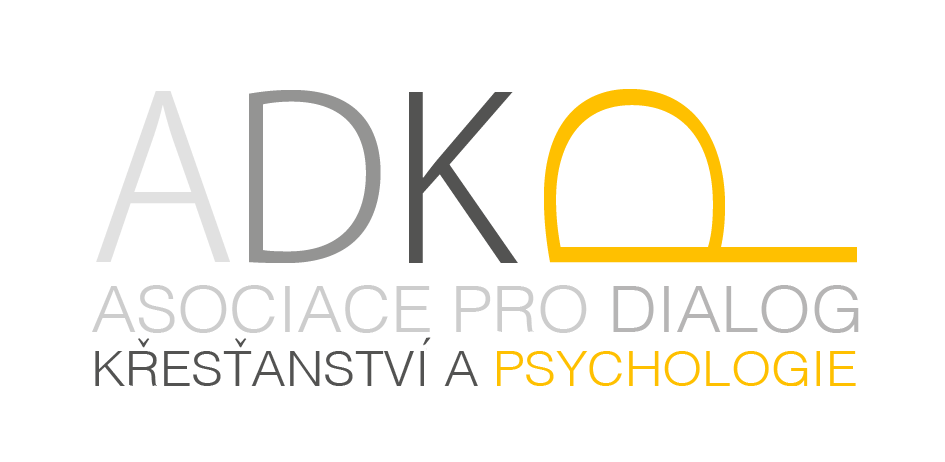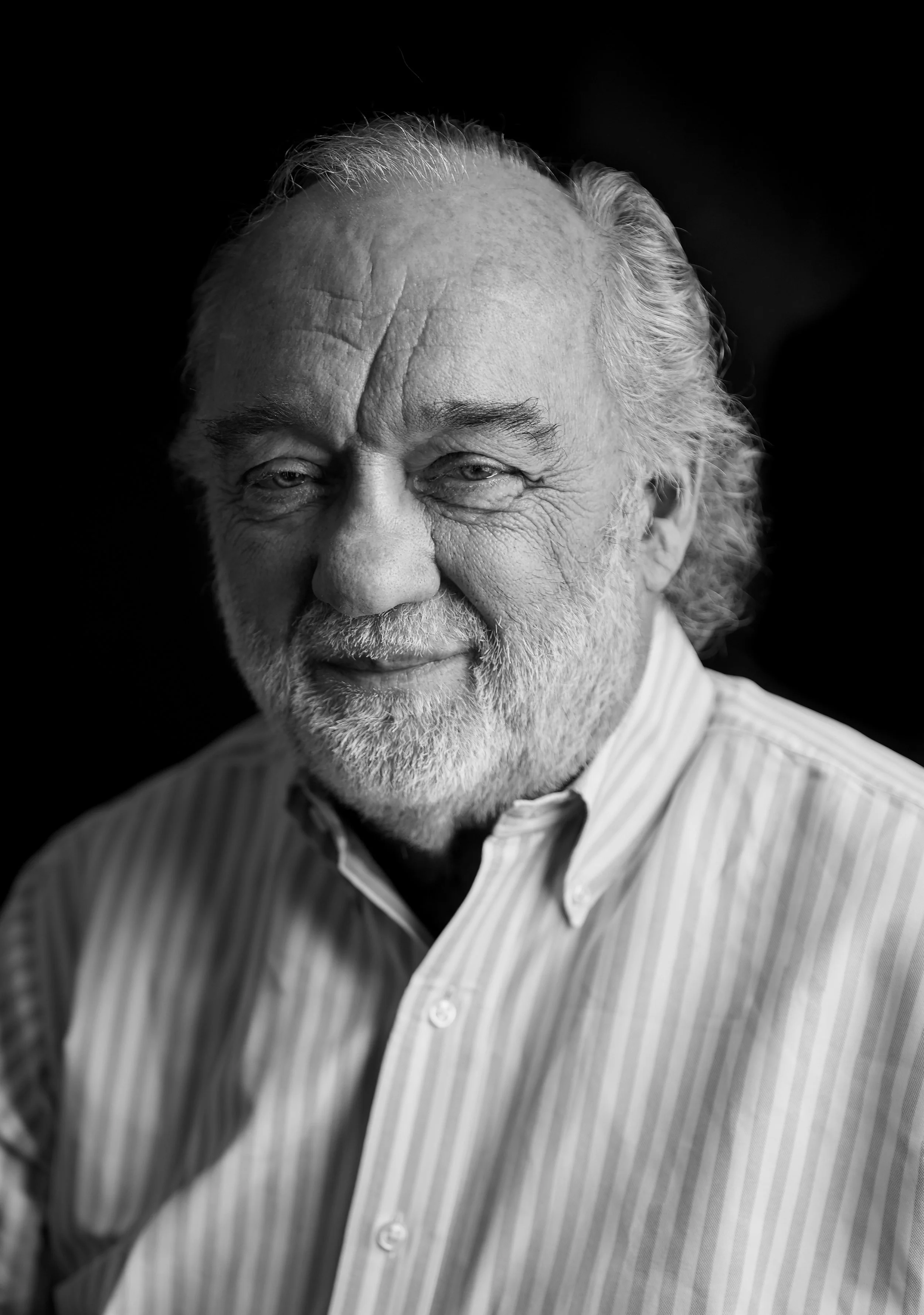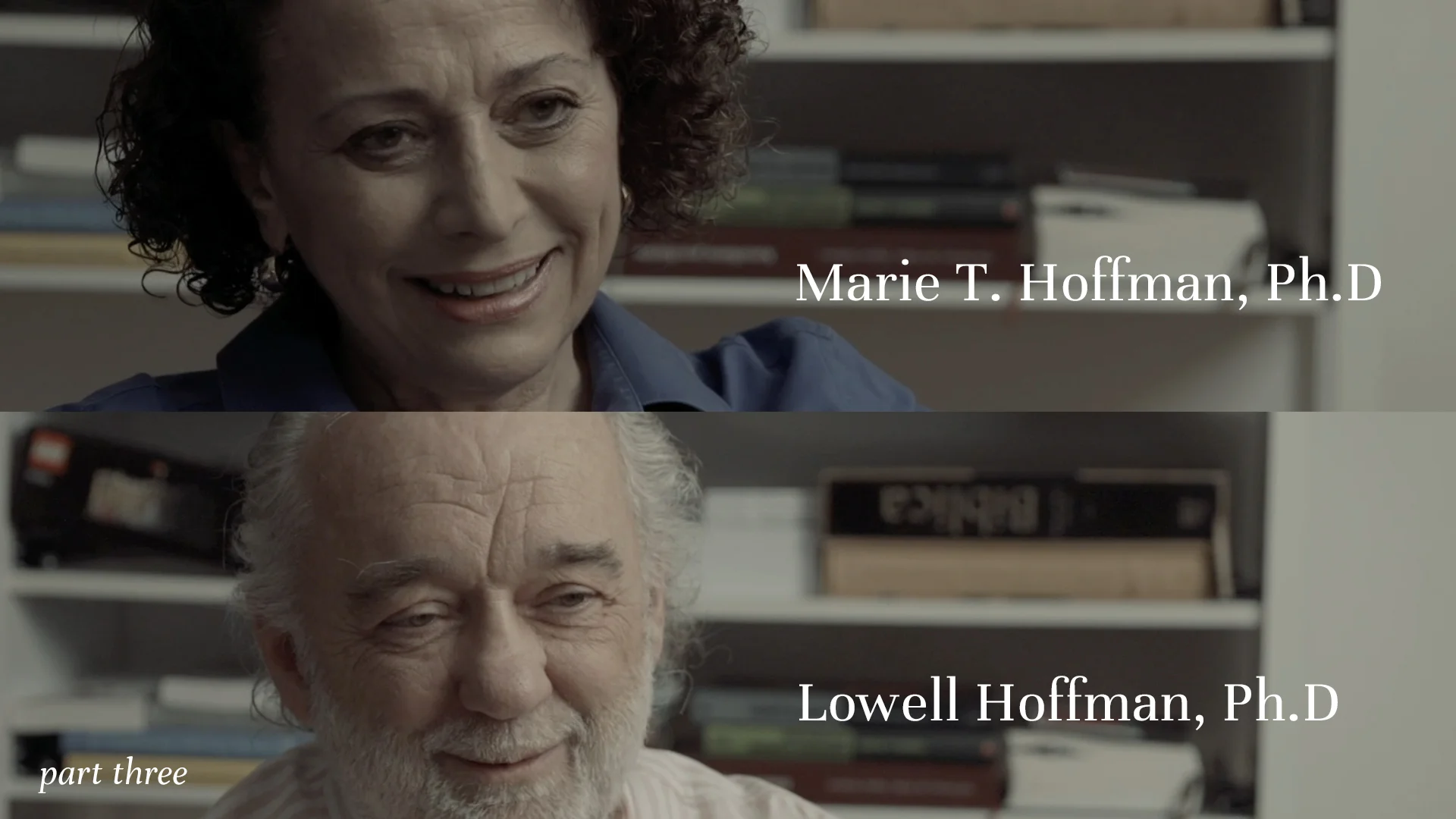Marie T. Hoffman, Ph.D
__
Marie T. Hoffman is a psychoanalyst practitioning at The Brookheaven Center and the director of Brookheaven Institute for Psychoanalysis and Christian Theology (BIPACT). She is a graduate of and Clinical Assistant Professor of Psychology (Adjunct) at the New York University Post-Doctoral Program in Psychoanalysis and Psychotherapy and co-founder of the Society for Exploration of Psychoanalytic Psychotherapies and Theology (SEPTT). She also often serves as adjunct faculty at Rosemead School of Psychology and Fuller Seminary School of Psychology. She is the author of Toward Mutual Recognition, When the Roll is Called and numerous chapters and articles in professional psychological publications.
Lowell Hoffman, Ph.D.
__
Is a psychoanalyst, practitioning at The Brookheaven Center. He is co-founder of the Society for Exploration of Psychoanalytic Psychotherapies and Theology (SEPTT) and co-director of the Brookhaven Institute for Psychoanalysis and Christian Theology (BIPACT). He authored numerous chapters and articles in professional psychological publications.
Christianity and Psychoanalysis
1. Why psychoanalysis? As I understand it, you have experience and training in various modes of therapy. What Christian influences have shaped you so that psychoanalysis ended up the most compelling option?
Part one
2. Why relational analysis? Do you see any value in the viewpoint/practice of more classical psychoanalysis for practice and faith?
Part two
3. In your experience, what is the interaction, reception and influence of Christian or Jewish faith in the context of real life contemporary psychoanalytic community? Is faith received, struggled with, pondered on, scorned, dialogued with?
Part three
4. You have been involved with Francis Schaeffer in his L'Abri community. How has this shaped you with regards to your practice of therapy and training you provide?
Part four
5. What to keep in mind when we strive for fruitful dialogue of psychology and Christianity?
Part five
6. Psychoanalytic theory gives us a notion of personality structure. Some peoples' personalities have very limited capacity for self-reflection, self-regulation, morality. How do you think God looks at people whose personality gets largely in the way of proper Christian living and relating with God and others?








